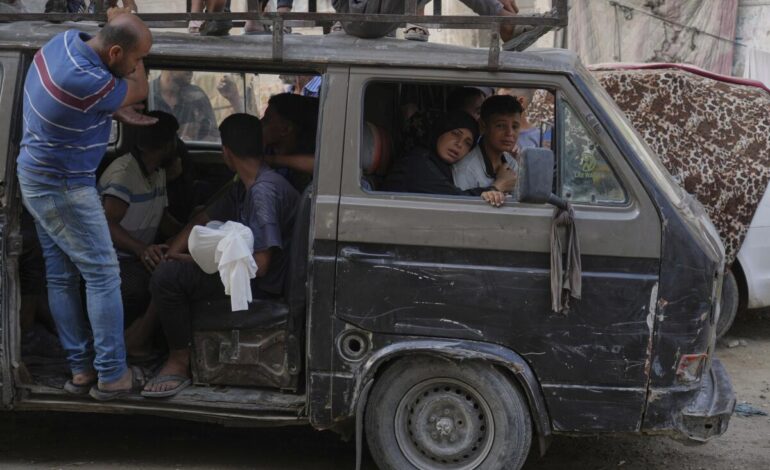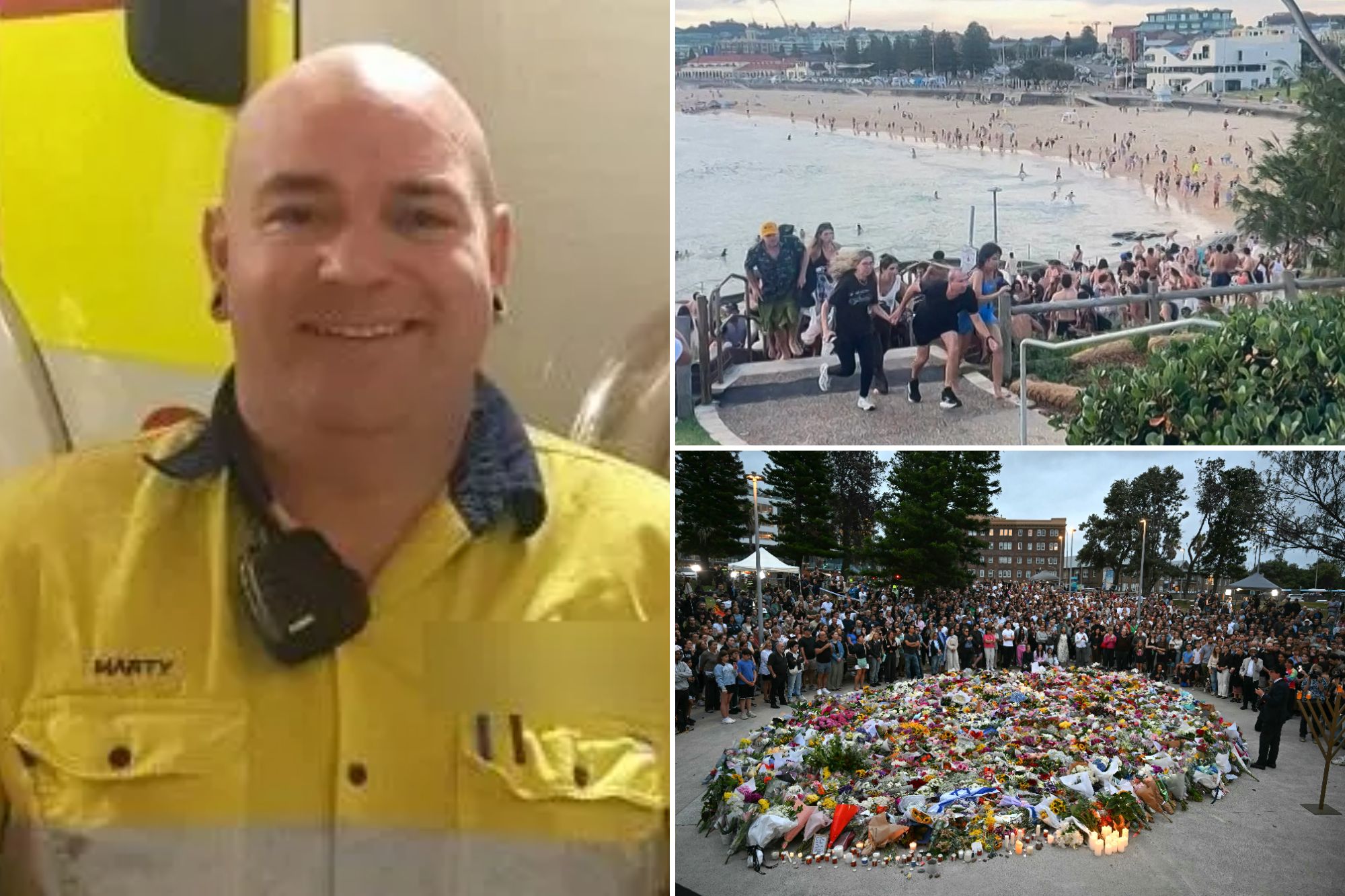Netanyahu Set to Approve Gaza City Offensive Amid Protests

Israeli Prime Minister Benjamin Netanyahu is poised to grant final approval for an operation aimed at taking over Gaza City, with plans set to begin within days. This decision reflects an escalation in the ongoing military offensive against Hamas, which has persisted for over 22 months, despite widespread protests in both Israel and the Gaza Strip.
In a meeting scheduled for Thursday, Netanyahu will convene with top security officials to finalize these plans, as reported by an Israeli official who spoke on the condition of anonymity. It remains unclear whether the discussion will include a ceasefire proposal from Arab mediators, which Hamas claims to have accepted.
The Israeli military has already begun outreach efforts, contacting medical personnel and international organizations in northern Gaza to urge evacuations to the south in anticipation of the expanded operation. The military aims to mobilize an additional 60,000 reservists and extend the service of 20,000 others. As of Thursday, Israeli airstrikes have reportedly killed at least 36 Palestinians across Gaza, according to local hospitals.
Escalating Military Action and Humanitarian Concerns
The renewed offensive is expected to further exacerbate humanitarian crises in Gaza, where tens of thousands have already lost their lives. The situation has become dire, with experts warning of imminent famine conditions. Many Israelis express concern that this military action could jeopardize the safety of the approximately 20 hostages still held by Hamas since the October 7, 2023, attack that initiated the conflict.
Israeli forces have initiated smaller-scale operations in the Zeitoun neighborhood and the Jabaliya refugee camp, areas that have previously seen significant military activity. The military asserts it will target regions where Hamas retains operational capabilities, yet there is little evidence of large-scale Palestinian evacuations, contrasting with earlier exoduses seen in the early weeks of the conflict.
In Gaza City, hundreds gathered for a rare protest against the war, showcasing a united front against both the conflict and Israel’s proposed mass relocations of Palestinians. Participants carried placards reading “Save Gaza” and “Stop the war, stop the savage attack, save us.” One protestor, Bisan Ghazal, a woman displaced from Gaza City, expressed frustration over the ongoing violence: “Twenty-two months… it’s enough. Enough death. Enough destruction.”
Domestic and International Reactions
In Israel, families of hostages have voiced their opposition to the planned military escalation. They gathered in Tel Aviv, urging the government to reconsider, as many believe the military pressure could endanger the lives of those still held captive. Dalia Cusnir, whose brother-in-law remains a hostage, emphasized the tragic toll of the conflict, stating, “Forty-two hostages were kidnapped alive and murdered in captivity due to military pressure.”
Internationally, reactions to the expanded offensive have sparked outrage. Many of Israel’s Western allies, excluding the United States, have called for an immediate ceasefire. United Nations Secretary-General António Guterres emphasized at a conference in Japan the urgent need for a ceasefire and the unconditional release of hostages to prevent further humanitarian disasters.
As violence escalates, the toll on civilians continues to rise. The Gaza Health Ministry reported that at least 62,192 Palestinians have died since the conflict began, with additional deaths attributed to malnutrition-related causes. The ministry, associated with the Hamas-led government, has faced scrutiny regarding the accuracy of its casualty figures, yet independent experts regard it as a reliable source of wartime statistics.
The ongoing conflict, which began with the October attack by Hamas that resulted in the deaths of around 1,200 Israelis, continues to unfold with devastating consequences for all involved. As military operations intensify, both humanitarian and security implications remain critical concerns for the region.






